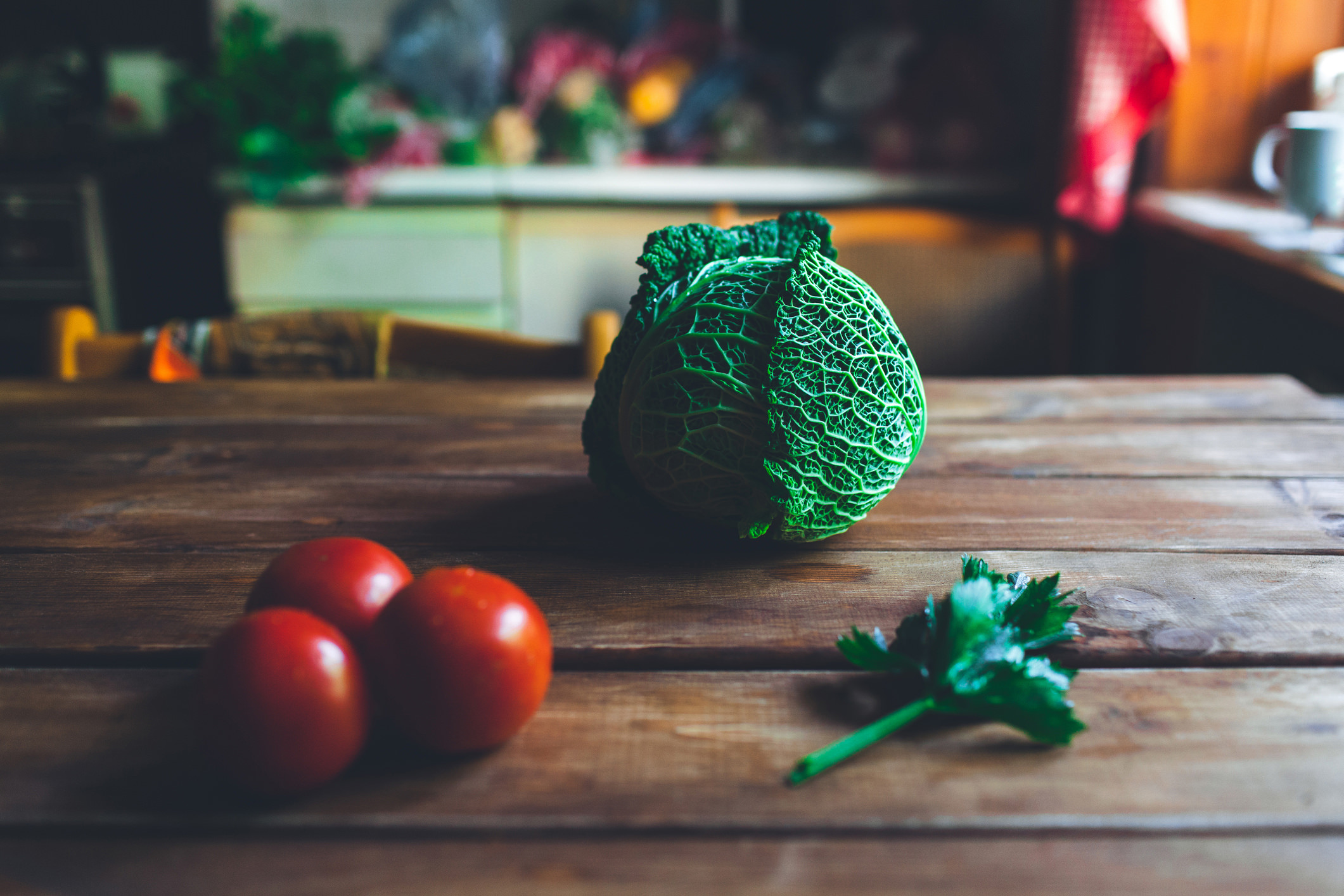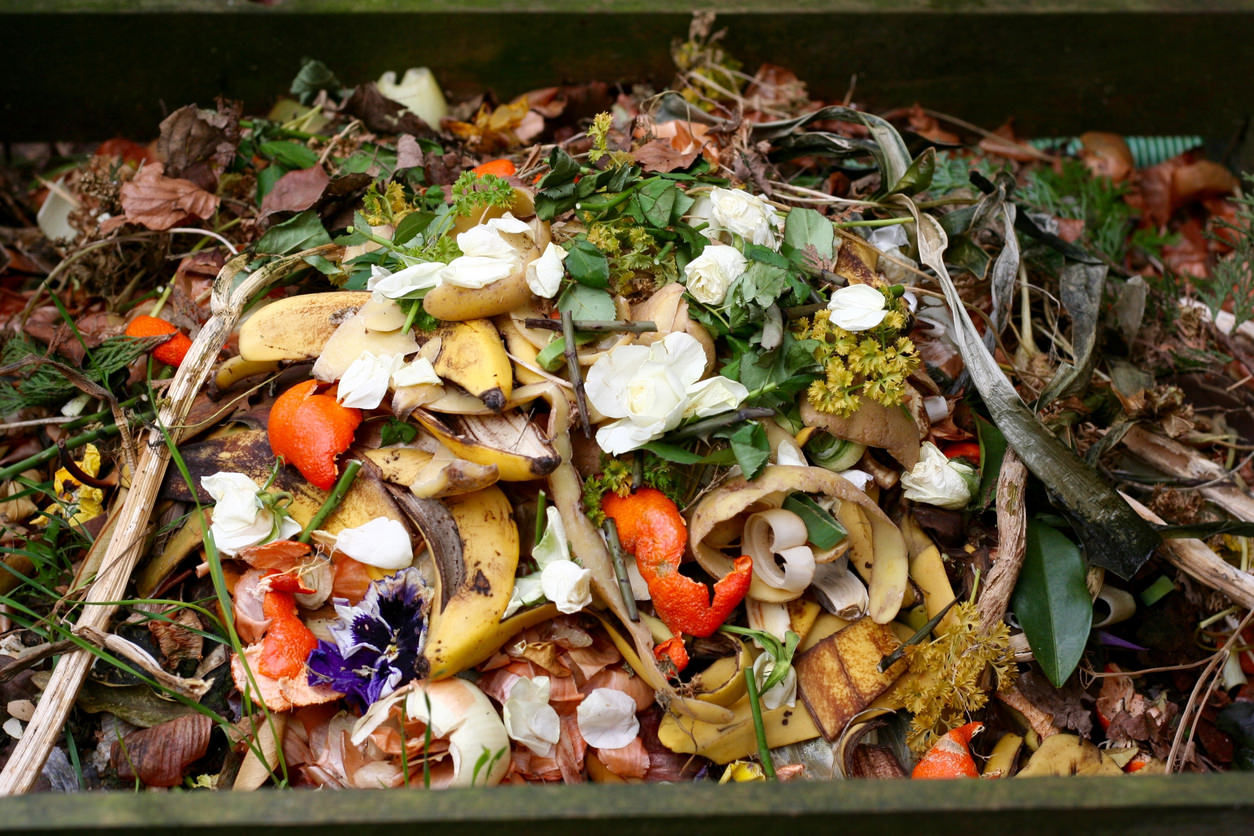“The man who removes a mountain begins by carrying away small stones.” Decreasing your personal carbon footprint and doing your part to save our planet doesn’t have to be difficult. In fact, it’s so easy that you can start today! If we all started making small choices each day to reduce carbon emissions and waste, we would be well on our way to reversing (or at least slowing) climate change. That’s why we all have to do our part. So, here are ten really easy things you can start to implement into your lifestyle today to begin decreasing your impact on climate change:
1. Quit plastic water bottles
The bottled water industry is causing a lot of damage to our environment. For starters, it takes an incredible amount of water and oil to produce a plastic, single-use water bottle. Not only that, but plastic water bottles are made of PET (polyethylene terephthalate), which though recyclable, doesn’t biodegrade. Instead, it breaks up into tiny particles of plastic, which pollutes waterways and soil and is harmful to animals.
You may argue: “Isn’t bottled water cleaner and safer than tap water?” The answer is no. In fact, most laws that regulate tap water are actually stricter than those for bottled water. Plus, evidence shows that over time, the plastic particles leach into the water and can potentially cause reproductive issues or even cancer.
Start Today:
Instead of using one-time use water bottles, consider buying a reusable one to carry with you. Klean Kanteen is a great option. They make water bottles that are plastic and BPA-free, are vacuum insulated to keep your drink temperature regulated, and are made out of super strong steel, which means they’re meant to last a lifetime. Klean Kanteen is also a certified B-Corp, which means they are committed to using business for good.
But hey, don’t just stop at plastic water bottles! There are so many other plastic things that are easy to eliminate from your life as well. Use reusable totes at the grocery store instead of plastic grocery bags. Replace Ziploc bags with reusable Lunchskins (which can usually be found at Target, Bed Bath and Beyond, or on Amazon). Use reusable produce bags at the grocery. Or better yet, don’t use bags at all and just let your apples roll around in the cart!
2. Bike, Bus, Walk or Carpool
Fossil fuel emissions from our vehicles is one of the biggest contributors to climate change. Carbon monoxide and dioxide, hydrocarbons, and nitrogen oxide is all emitted into the air, causing pollution and destruction of the ozone. When you combine all forms of transportation in the US (cars, trucks, planes, trains, and ships), this sector makes up about 30 percent of all US global warming emissions. That’s a lot.
Additionally, our dependence on the oil industry as a whole leads to other issues like oil spills, which can be devastating to marine life, or fracking, which can cause land instability and release chemicals that can negatively affect entire communities.
Start Today:
We can’t all just go buy a Hybrid this week. However there are so many other opportunities to reduce dependence on your car. Consider carpooling to work, sharing an Uber with someone, or take public transportation. If you can ride a bike or walk to the store or to work, why not try it? Start out by using a different form of transportation just one day a week, and see if you can slowly work it into your schedule and routine.
3. Eat More Vegetables
Agriculture as a whole is a huge driver of global warming as well, causing about 15 percent of all emissions. The cattle industry, however, has a significantly larger footprint than any other product, requiring notably more water, land, feed, and fertilizer, plus emitting much more greenhouse gas than poultry or any other form of agriculture. Studies have shown that meat lovers cause twice as much global warming through emissions from their diets than vegetarians do.
Believe it or not, some scientists say that cutting out beef is an even greater way to reduce carbon emissions than if you were to get rid of your car. However, we know quitting cold turkey and becoming a vegetarian in a snap might be a little unrealistic. Plus, there are definitely some nutritional benefits to consuming beef! (Just be sure to buy organic, grass-fed beef in order to filter out hormones and chemicals that could be harmful to you).
Start Today:
Try skipping red meat for just one week or permanently reduce your beef consumption down to once or twice a week. Make an effort to become more educated about the topic by watching Cowspiracy on Netflix, and begin familiarizing yourself with what it would be like to eat a plant-based diet with help from Forks Over Knives.

4. Ditch the Microbeads
What is a microbead?! It’s a tiny piece of plastic that is found in many cleansers and toothpastes which is often used for ‘exfoliation.’ The problem? These pieces of plastic are so small they easily get through filtration systems and head straight for our lakes and oceans.
It’s estimated that about 8 trillion beads end up in waterways in the US alone every single day. This wreaks havoc on ocean life. Not only does the plastic get eaten by fish who think it’s food, but the plastic also carries harmful chemicals into our waters, which cause problems for our food supply and ultimately, for us.
The good news is that earlier this year, President Obama signed a law that requires all US manufacturers to phase out microbeads by 2017. Though there are still some obstacles to overcome (like getting other countries on track as well!), it means we’re on the right track.
Start Today:
With so many easily accessible alternatives, ditching microbeads isn’t difficult. If you’re wondering which products contain microbeads, you can find a list here, but a general rule of thumb is to watch out for products that use the words “scrub” or “exfoliate” (though not every product that uses these words contains microbeads). Not sure what to do with the products you already have that contain microbeads? Here’s how to dispose of them.
5. Waste Less. Recycle More.
Nearly everything you throw away ends up in a landfill. Landfills create a huge threat to our wellbeing, as they emit hazardous gases into the air, causing pollution, while also simultaneously leading to water pollution as the toxins leak into the groundwater. These toxins can end up in our home as drinking and cleaning water. So, if you and your household don’t already make recycling a priority, now is the time to begin.
Start Today:
There are a few things you can do to reduce your waste and keep as much trash as possible out of the landfills. First, just start by paying attention to how much waste you alone produce. From plastic straws and styrofoam cups, to Amazon packaging and store-bought food containers. Simply being mindful of your potential impact is the first step in the right direction.
Secondly, recycle whatever you can. If the recycling doesn’t currently come to your home for pickup, call your county and see if it’s available. If they don’t offer it, you can drop your recycling off at a designated location. If you’re not sure what can be recycled and what can’t, here’s some help.
And lastly, focus on reusing what you can and simply choosing less. Can you enjoy your drink with a reusable straw, or without one at all? Can you buy things in bulk in order to reduce packaging? Small things like this really add up when it comes to reducing waste!
6. Turn the Water Off
Fresh water is not a renewable resource; we have a limited supply. And although we’re not going to run out this year, it is a serious issue, especially as our world population grows.
Almost everything we do is dependent upon water; we would lose all of our livelihood without it.
Start Today:
Here are some simple steps you can take to conserve water in your home:
- Only wash clothes that are actually dirty (not that shirt you wore for an hour and took off), and when you do wash your clothes, make sure you have a full load.
- Don’t let the water run when you’re brushing your teeth or doing the dishes.
- Try to take shorter showers.
- If you’re in the market for new appliances like a dishwasher or washing machine, invest in a high efficiency one.
All of these actions may seem small, but if we all take small steps each day, it adds up!
7. Shop Local
Most of the things we buy come from somewhere else. And since we already discussed the impact that transportation has on the environment, we know that getting something from Point A to Point B causes a great deal of carbon emissions.
Shopping local doesn’t just help the environment though. It stimulates your local economy, creates jobs, and increases transparency in the supply chain. Buying your food locally and seasonally can decrease the likelihood that your food is contributing to issues like human trafficking and modern day slavery.
Start Today:
Try locating a farmer’s market with the help of Local Harvest and do your grocery shopping there next time. Make yourself aware of what types of produce are in season in your area and cook meals accordingly.
8. Make Your Home More Energy Efficient
Making your home more energy efficient is a process. Most of us can’t just go installing solar panels tomorrow. But there are plenty of small things you can do to begin to transition your home to be a more energy efficient one.
Start Today:
- Replace your light bulbs with florescent ones, which require much less energy.
- Put your AC on a schedule so that you’re not using fossil fuels to cool your house when you aren’t home.
- Unplug your electronics when you’re not using them and clean the air filters regularly, which also helps to decrease energy use.
Over time, you can take bigger, more permanent steps like installing low-flow toilets and showerheads, adding more insulation, replacing old windows, and of course, installing solar panels.
Not only will all of these steps add up to reduce your home’s carbon footprint, but they will save you money too! On average, you can save 20 to 30 percent on your energy bill by making energy efficient upgrades. Not only that, but many government agencies offer tax credits and rebates for making these changes.
9. Start a Compost Bin
Having a compost bin to get rid of food scraps not only keeps them out of landfills, but it also creates a great natural fertilizer which you can use at home or donate to a local garden initiative or farmer.
Start Today:
Starting a compost bin may sound intimidating, but it’s actually easier than you think. All you need to begin is a small piece of land, some dead leaves, and plant-based kitchen waste. If you live in an apartment or somewhere that you’re not able to compost outside, you can use a CompoKeeper, which allows you to compost in your kitchen without mess or stink.

10. Use Your Voice
In December 2015, three quarters of a million people in 175 countries marched through the streets just before the COP21 negotiations in Paris. Here, leaders and politicians from all over the world gathered together to make a plan to slow global warming by significantly decreasing carbon emissions. The leaders in attendance listened to those who showed up to march. On December 12, 2015, 195 countries adopted The Paris Agreement, promising to take action to slow global warming and create a sustainable future for our world.
Start Today:
You hold a lot of power in your hands. You have buying power, so use your money to vote for what kind of products you want on the market. You have a voice, so talk with your friends and family and get them involved.
Write to your politicians and ask for policy change that will clean up our water and fight harder against climate change. Let the people around you know you care about this issue and encourage them to take steps to save our planet too. After all, we are all in this together and it will indeed take all of us to make a difference.
What’s the ONE thing from this article you think you can change today?

Shop Pillows
The Essential Organic Pillow Collection
Gentle, breathable, non-toxic support.






